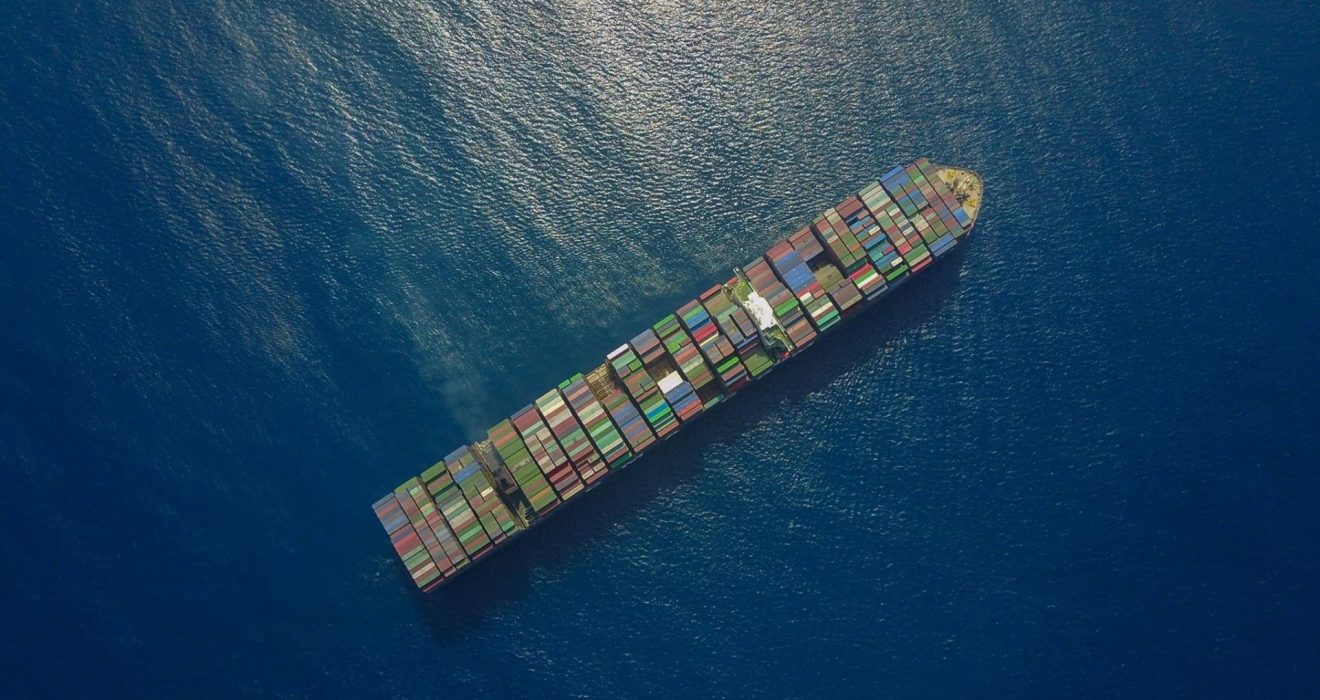Shipping is a cornerstone of global commerce, facilitating the movement of goods across vast distances. Yet, amidst its economic benefits, the environmental ramifications of shipping remain a pressing concern. Biofouling, characterized by the buildup of marine organisms such as barnacles, algae, and mussels on ship hulls, presents a significant challenge. While it may seem like a mere inconvenience, biofouling poses multifaceted threats.
Primarily, the accumulation of marine life on hulls increases drag, necessitating higher fuel consumption to maintain vessel speed and efficiency. Consequently, this elevated fuel usage amplifies greenhouse gas emissions, exacerbating climate change. Additionally, biofouling serves as a vector for the translocation of invasive species across ecosystems. These non-indigenous organisms can wreak havoc on delicate marine environments, disrupting native biodiversity and ecosystem functioning.
Addressing biofouling is thus paramount for the shipping industry’s sustainability efforts and environmental stewardship. By implementing proactive measures to mitigate biofouling, such as the Clean Hull Initiative, stakeholders can not only enhance operational efficiency but also mitigate the industry’s adverse environmental impact. Through concerted action and innovation, the shipping sector can navigate towards a more sustainable future, balancing economic imperatives with ecological responsibility.
Understanding Biofouling and its Consequences
Biofouling, the accumulation of barnacles, algae, mussels, and other organisms on ship hulls during ocean voyages, poses significant challenges. This buildup increases drag, demanding additional energy for propulsion, consequently raising fuel costs and carbon emissions, contributing to climate change. Moreover, biofouling serves as a conduit for the transportation of non-indigenous and invasive species. These organisms can disrupt ecosystems and biodiversity, causing irreparable harm to native flora and fauna. Thus, biofouling not only impacts operational efficiency and economic viability but also poses grave environmental threats. Addressing this issue is crucial for promoting sustainable maritime practices and safeguarding marine ecosystems.
The Clean Hull Initiative (CHI)
Runa A. Skarbø, a senior adviser for shipping and maritime issues at Bellona, has spearheaded the Clean Hull Initiative (CHI) in response to the pressing need to address biofouling. In partnership with Jotun, a Norwegian hull coating producer, CHI seeks to set a universal benchmark for proactive hull cleaning within the shipping industry. By tackling biofouling head-on, CHI not only curtails environmental degradation but also yields tangible benefits such as a projected 9% reduction in global fuel consumption. Consequently, this reduction translates into a substantial decrease in greenhouse gas emissions from shipping activities. Through collaborative efforts and innovative solutions like CHI, stakeholders can actively contribute to fostering environmental sustainability within the maritime sector while simultaneously enhancing operational efficiency and economic viability.
Presentation at the HullPIC/PortPIC Conference
Recently, Skarbø presented the Clean Hull Initiative at the international HullPIC/PortPIC technology conference in Pontignano, Italy. The conference, focusing on hull performance, in-water cleaning technologies, and coating technologies, provided an ideal platform to engage with stakeholders and potential partners. Attendees included representatives from shipping companies, coating manufacturers, technology providers, and academia, demonstrating widespread interest and support for addressing biofouling.
Towards an International Convention on Biofouling Management
While international conventions have addressed ballast water management to prevent the spread of invasive species, biofouling remains a relatively unregulated aspect of shipping. Skarbø emphasizes the need for an international convention on biofouling management to mandate satisfactory hull cleaning practices, minimizing the spread of aquatic invasive species and reducing greenhouse gas emissions. Collaboration with industry stakeholders is crucial in driving regulatory advancements and implementing effective solutions.
Industry Engagement and Collaboration
Industry participation is vital in advancing initiatives like CHI and advocating for regulatory changes. Skarbø underscores the positive reception from industry players, indicating a willingness to engage and contribute to addressing biofouling challenges. By fostering collaboration between government bodies, environmental organizations, and shipping industry stakeholders, CHI aims to develop comprehensive solutions for sustainable shipping practices.
Towards a Greener Future for Maritime Transport
As the Clean Hull Initiative gains traction, it marks a crucial milestone in the journey towards mitigating the environmental footprint of maritime transport. By placing emphasis on proactive hull cleaning and advocating for regulatory reforms, CHI emerges as a driving force behind the promotion of environmental sustainability in the shipping industry. Through its concerted efforts, CHI aims to safeguard marine ecosystems, curb greenhouse gas emissions stemming from shipping activities, and foster a culture of responsible environmental stewardship.
Looking ahead, continued collaboration and innovation within the shipping sector will be pivotal in charting a course towards a greener future. By embracing sustainable practices and leveraging cutting-edge technologies, stakeholders can unlock new avenues for reducing environmental impact while simultaneously bolstering economic prosperity. The momentum generated by initiatives like CHI underscores the industry’s commitment to navigating towards a future where environmental sustainability and economic growth are harmoniously intertwined. As we forge ahead, let us remain steadfast in our dedication to shaping a maritime landscape where the principles of environmental stewardship guide our journey towards a brighter, greener tomorrow.

